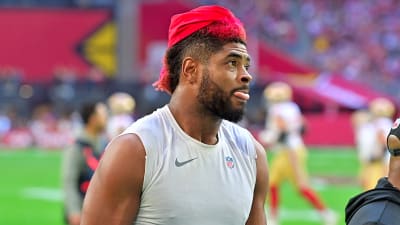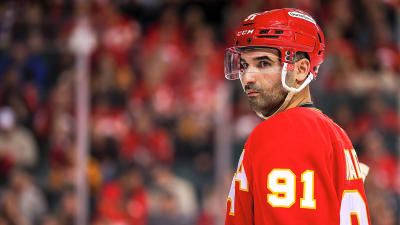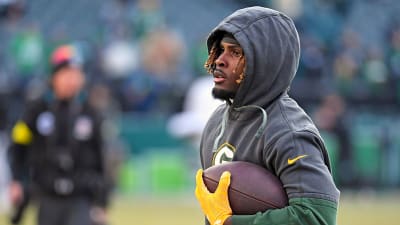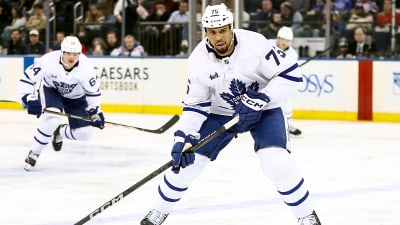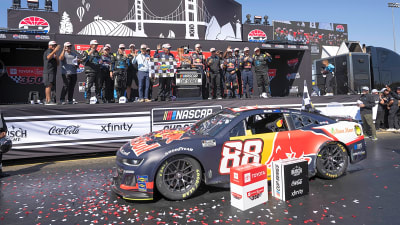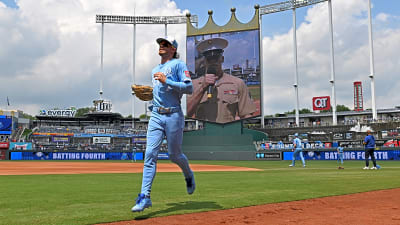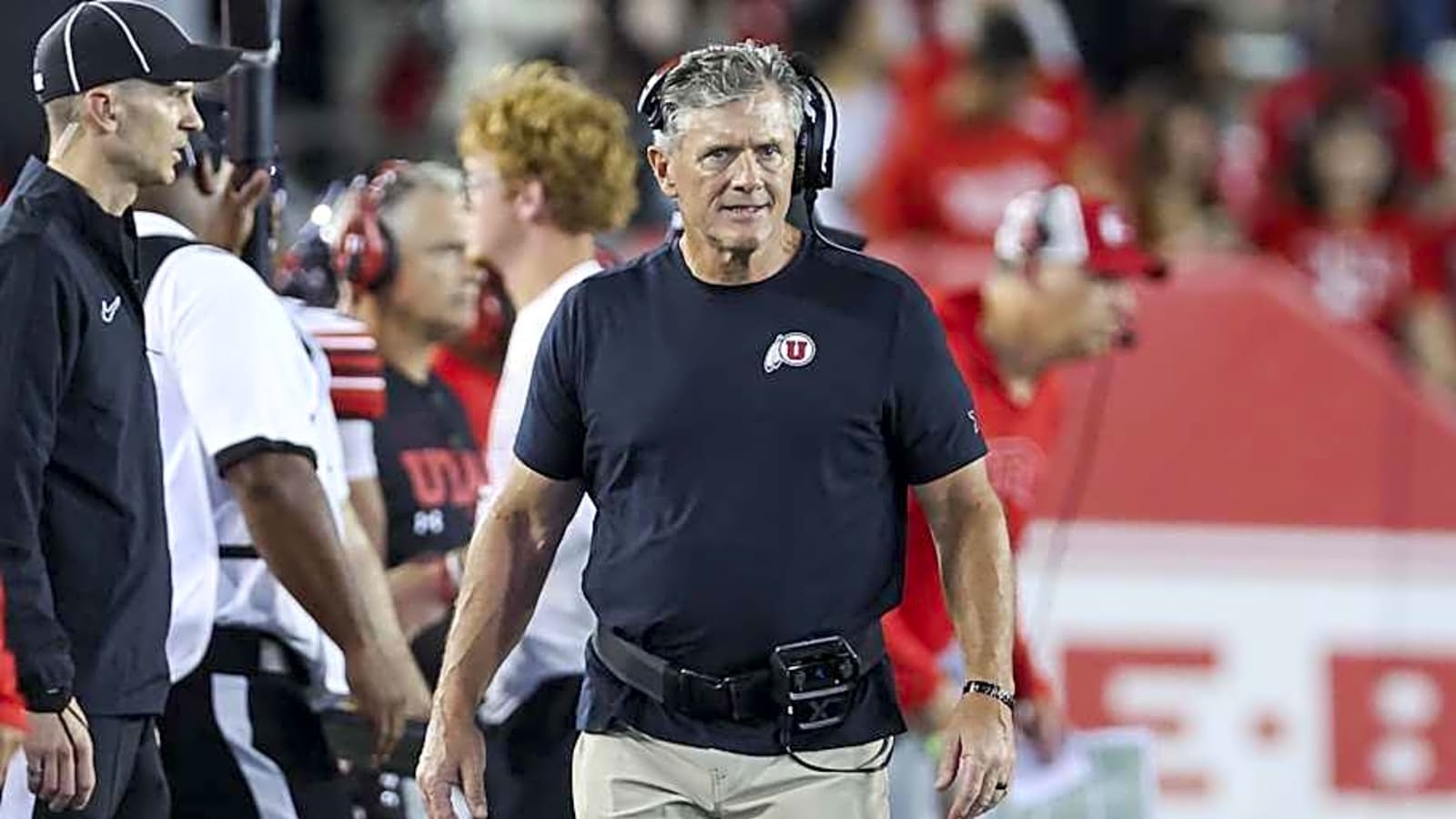
As schools across the country start to shell out big-time money to student-athletes, Utah football head coach Kyle Whittingham foresees a complete shift in college athletics toward a minor league system sooner rather than later.
Schools have been able to directly pay their student-athletes for the use of their name, image, and likeness since the NCAA implemented a new revenue-sharing model earlier this month. As part of the landmark House settlement, institutions are permitted to allocate up to $20.5 million per academic year to their players.
The revolutionary agreement between the NCAA and its power conferences did not, however, include any wording about collective bargaining, nor did it consider student-athletes as employees moving forward.
Yahoo! Sports' Ross Dellenger reported Wednesday that nearly every Big 12 coach expressed support for a CBA and employment considerations for student-athletes, though Whittingham was wary of the potential consequences that could arise with more change.
"I think you may even see the day in the not-too-distant future where players don't have to go to school if they don't want to," Whittingham told Dellenger. "It will be like a true minor league. I think that's coming. It's sad to say."
To that end, here's Utah coach Kyle Whittingham to @YahooSports today: "I think you may even see the day in the not too distant future where players don't have to go to school if they don't want to. It will be like a true minor league. I think that's coming. It's sad to say." https://t.co/LrwYm2NEgU
— Ross Dellenger (@RossDellenger) July 9, 2025
Utah athletic director Mark Harlan said in a statement last month that the school is "all-in" on sharing as much revenue as they can with their student-athletes, in addition to creating 23 new scholarships worth $1.2 million. Utah hired Patrick Nowlin as the athletic department's first chief revenue officer in October to lead the Utes’ revenue-generating initiatives.
Utah student-athletes have earned more than $10 million collectively through charitable NIL activities and have dedicated nearly 7,500 hours to help several organizations achieve their missions and goals with the help of their third-party collectives, according to the release.
Dellenger reported late last month that some within college athletics believe there needs to be a different revenue-sharing model with regulations to protect the NCAA from more legal action. Some athletic administrators and football coaches have even held meetings with organizations attempting to turn student-athletes into employees, like Athletes.Org and the College Football Players Association.
Supporters of collective bargaining claim it will legitimize revenue-sharing contracts. Dellenger reported that some schools are signing players to "marketing" contracts, buying their NIL rights as a way to avoid the appearance of employment. Players are also breaking their revenue-sharing contracts, making the need for more guidelines and regulations all the more important.
MORE UTAH NEWS & ANALYSIS
More must-reads:
- Texas HC Steve Sarkisian discusses Arch Manning's potential NFL Draft decision
- Johnny Manziel shares how NIL would have changed his career
- The 'No. 1 overall MLB Draft picks' quiz
Breaking News
Trending News
Customize Your Newsletter
 +
+
Get the latest news and rumors, customized to your favorite sports and teams. Emailed daily. Always free!
